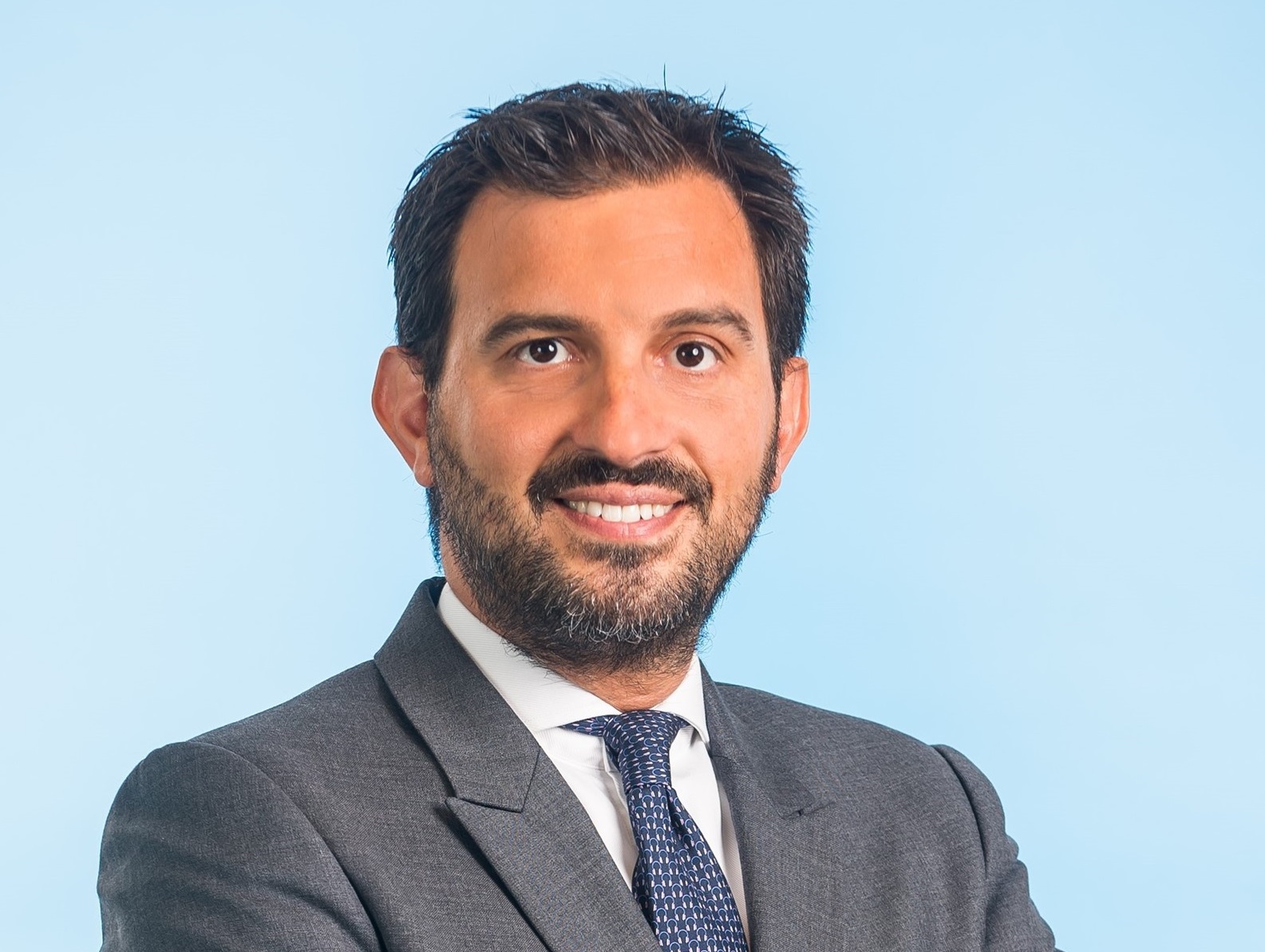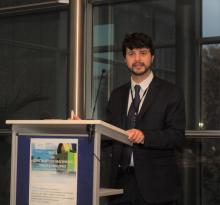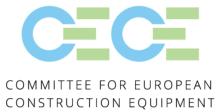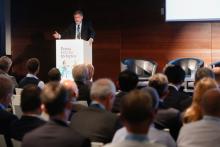
The EC says that the Machinery Directive needs updating to improve safety levels further and take account of the latest IT innovations.
Revisions to the directive are expected to include EU-harmonised legislation on product health and safety, and addressing the challenges that may arise from technical progress in digitisation.
Speaking during a webinar held by CECE and European materials handling federation FEM to discuss the directive, CECE secretary general Riccardo Viaggi said that, as one of the largest net exporters of Europe representing 36% of the global market share, the machinery industry will be directly impacted by the revision process.
He said machinery is "one of the most competitive and prosperous industrial sectors of Europe" and is an industry worth €660bn with roughly 83,000 companies that employs 3 million people.
Viaggi warned that “buzzwords" such as AI and cybersecurity cannot be the driving principle of the revision. "It would be counterproductive to radically change this well-functioning piece of legislation," he said, adding that it would be a bad outcome to hit one of Europe's most competitive industries with unnecessary costs and administrative burdens.
Felicia Stoica, deputy head of the European Commission's DG GROW unit, stated that the directive needs to be "beefed up" in regards to how it addresses and adapts to emerging innovative technologies and ensure greater legal clarity in scope and definitions.
Giving an industry perspective, Luisa Parisotto, FEM board member and senior regulatory and compliance manager at Terex AWP (Aerial Work Platforms), voiced support for the directive in its current form. She highlighted a longstanding positive experience stemming from its ability to accommodate digital innovations whilst ensuring the safety of machines, a level playing field and a simplified procedure for compliance and harmonisation across the EU. She called for the directive’s flexibility and resilience to be maintained and its positive elements to be preserved with no new unnecessary burdens being introduced.
Holger Kellerbauer, regional compliance liaison for Europe at Caterpillar, agreed with her view on the need for the directive to remain technology-neutral to allow it to address all technologies that emerge, remaining future-proof. Kellerbauer added that technology specific legislation tends to be over prescriptive, hampering innovation, particularly for a wide range of applications such as those covered by the Machinery Directive.
Ana Monteiro, representing the Portuguese Agency for Competitiveness and Innovation at the Directorate for Enterprise and Policy, shared her thoughts from a Member State’s point of view. She cited the need for stable data to characterise any pending risks posed by innovative technologies.
MEP Andreas Schwab, member of the European Parliament's committee on internal market and consumer protection (IMCO), described the safety and reliability of all technologies, including new and emerging ones, as the overall objective of the legislation. The overarching goal being to find the right structure to achieve this, while avoiding too much red tape.
He said that the current directive has already been used for new technologies and added that it is important to reflect this in the revision process, while also taking into account the developments of the next decade.
Olivier Janin, secretary general of FEM, reiterated the importance of the Machinery Directive for manufacturers, citing its success over the past years in enabling innovation and competitiveness whilst fostering safety, and the need to preserve this in equal amounts going forward. Regarding digital technologies, Janin urged decision-makers not to introduce new requirements on the basis of a "fear of the unknown".
The complete process for the revised directive to progress through the European Council and European Parliament and then be adopted by member states is expected to take around 18 months.
Looking ahead Janin said he hoped "that the new directive will be as successful as the current one."








